- Trigger-Warning: This blog post mentions body functions which some readers might find distasteful.
Many years ago, posted in the bathroom of a church preoccupied with Israel and their role in God’s plans for this world, I found a text which at first I found amusing; however, on second thought it seemed very appropriate to this place.
It was the prayer known as Asher Yatzar, a blessing (bracha or beracha, pl. brachot – Hebr.: ברכה, Yiddish: broche) which observant Jews recite after every visit to the toilet and which also forms part of the morning prayers (Shacharit) in the Siddur, the Jewish prayer book:
Blessed are You, Adonai, our God, King of the universe,
who formed man with wisdom
and created within him many openings and many hollow spaces.
It is obvious and known before Your Seat of Honor
that if even one of them would be opened,
or if even one of them would be sealed,
it would be impossible to survive and to stand before You even for one hour.
Blessed are You, Adonai, who heals all flesh and acts wondrously.
For most of the past year I have been bedridden, at first after surgery on my thigh and since then because of muscle atrophy, and because of this I have a urinary catheter. Most of tge time it works pretty well; it has to be changed every two months and sometimes it gets blocked and has to be changed as well. Up until three weeks ago this happened four times, in approx. nine months. The most recent scheduled change was February 21, and in the three weeks since I have been to the hospital six times with a blocked catheter, most recently twice within a twelve hour period. That last one was particularly unpleasant:
During the wait for the ambulance and the ride to the hospital around 5:45 a.m. my bladder kept filling up; once there I had to wait in the accident outpatient department for the duty urologist to come and take care of me. Of course all this time my bladder kept filling up, moving from uncomfortable to increasingly painful.
Around 6:45 I was told that the urologist wasn’t coming but that I would be moved to the urology outpatient department. So, more waiting, with an increasingly painfull (sic.) bladder, for the official opening hour of the urology outpatient dept. at 7:00 a.m., and then for their staff to show up after their shift change conference. By that time it was 7:15 and the pain almost unbearable. Then: blessed relief!
The catheter change didn’t take very long, and then I had to wait another 30 minutes for an ambulance to take me home, but by that time I was as comfortable as one can be, lying on a narrow gurney in a hospital corridor.
Now I have to irrigate my catheter at least twice daily with saline or citric acid solutions, and while my body protests that the bladder isn’t meant to be filled from that direction it beats not being able to pass water!
Now, I don’t normally waste much time thinking or talking about such body functions, but in my current situation I am reminded of Psalm 139:14:
I will praise you because I have been remarkably and wondrously made. Your works are wondrous, and I know this very well.
That is exactly what Asher Yatzar expresses in a few more words, and one may smile at the notion of reciting this after every visit to the loo, but onlty as long as one’s own many openings and many hollow spaces are doing their job.
As evangelical Christians from non-liturgical traditions we aren’t really into prescribed, set prayers or rituals, for good theological reasons; however, as a suggestion rather than a requirement the Jewish practice of reciting these blessings in almost all circumstances of life can be very valuable because it constantly reminds us that we live all of life, including the “less honorable” aspects, in the presence of God–not just the one hour on Sunday morning or Wednesday evening, or the daily quiet time.
And that reminds me of my closing questions: Why didn’t the church I mentioned above apso post the Blessing for the Washing of Hands ((Netilat Yadayim, Hebrew יָדַיִם נְטִילַת) above their sink:
Blessed are You, Adonai, our God, King of the universe,
who commanded us concerning the washing of hands.
But of course this was a long time before Covid-19.
__________


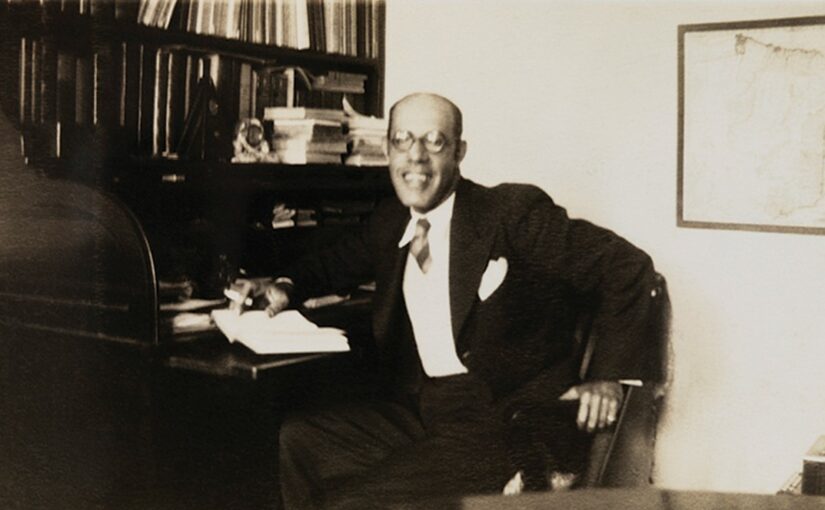

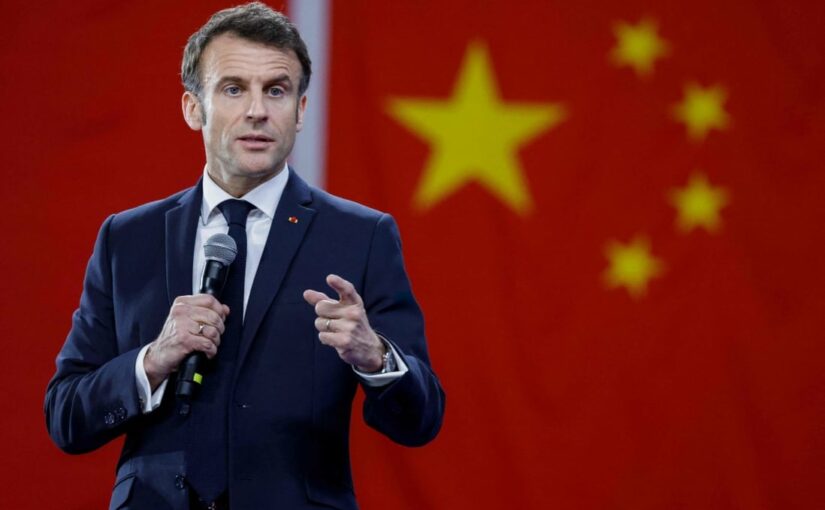
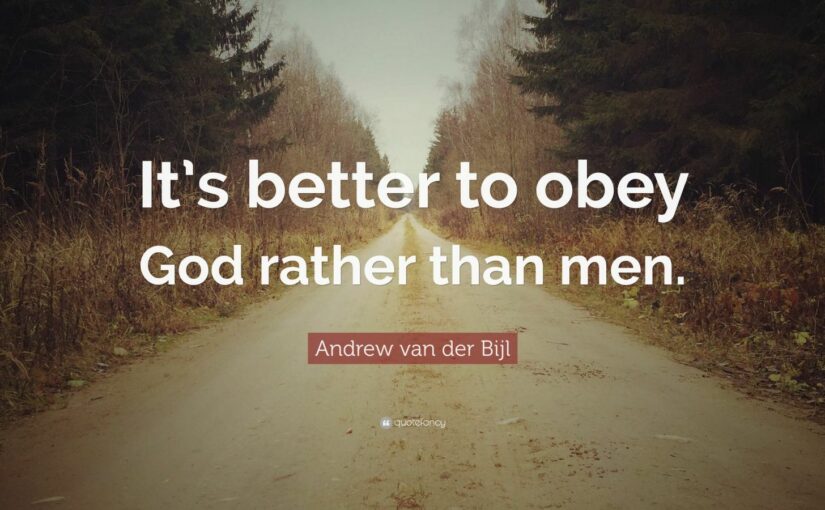
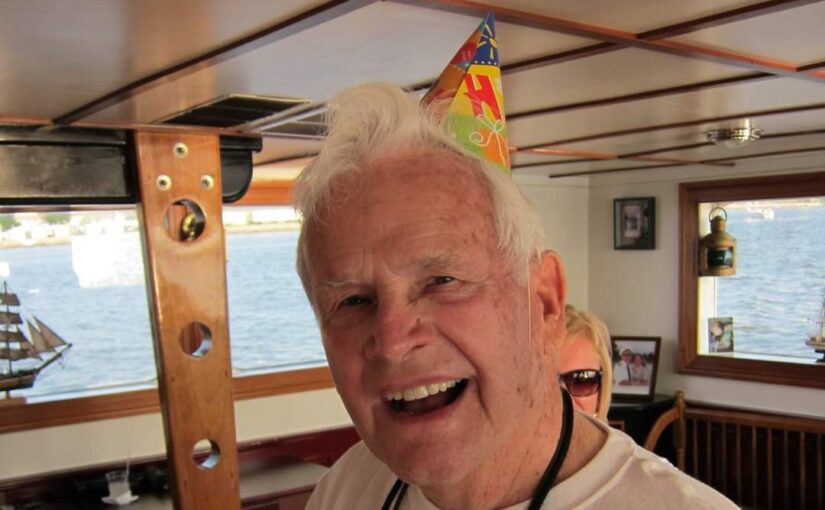
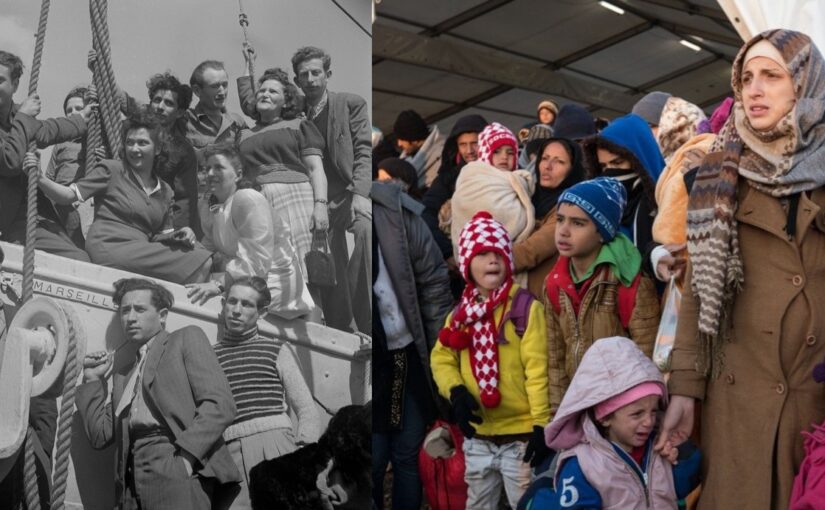

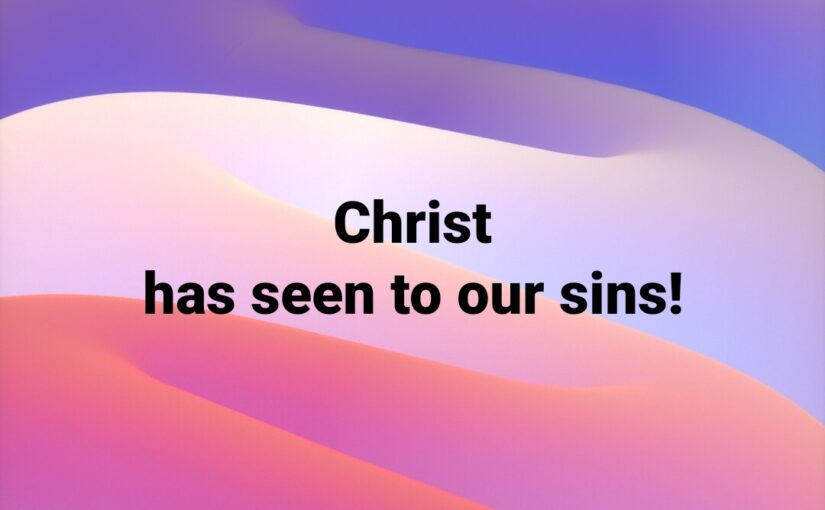
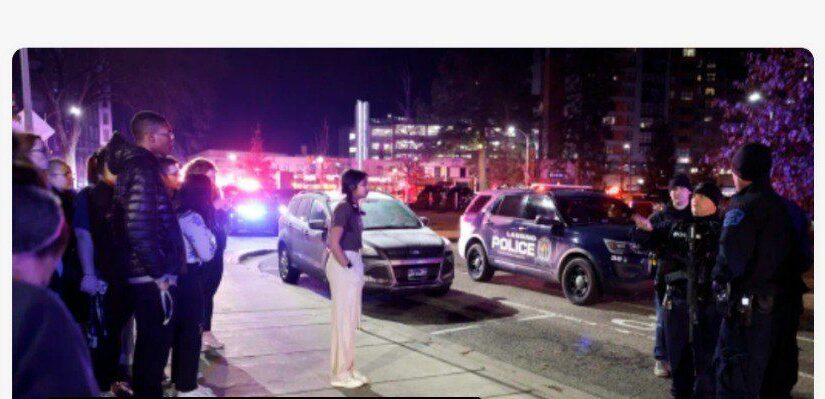
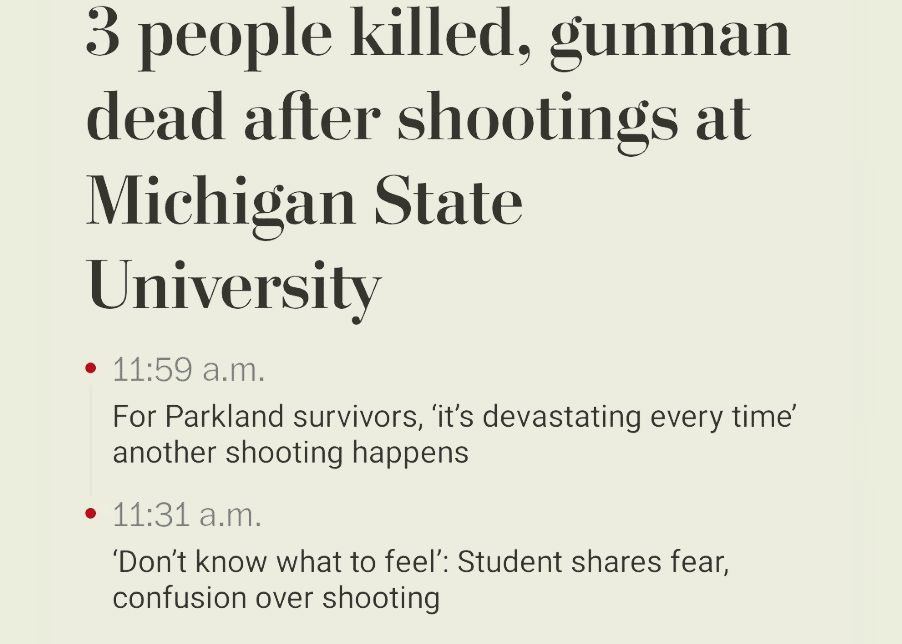 Photo & Clipping Credit: Washington Post website
Photo & Clipping Credit: Washington Post website